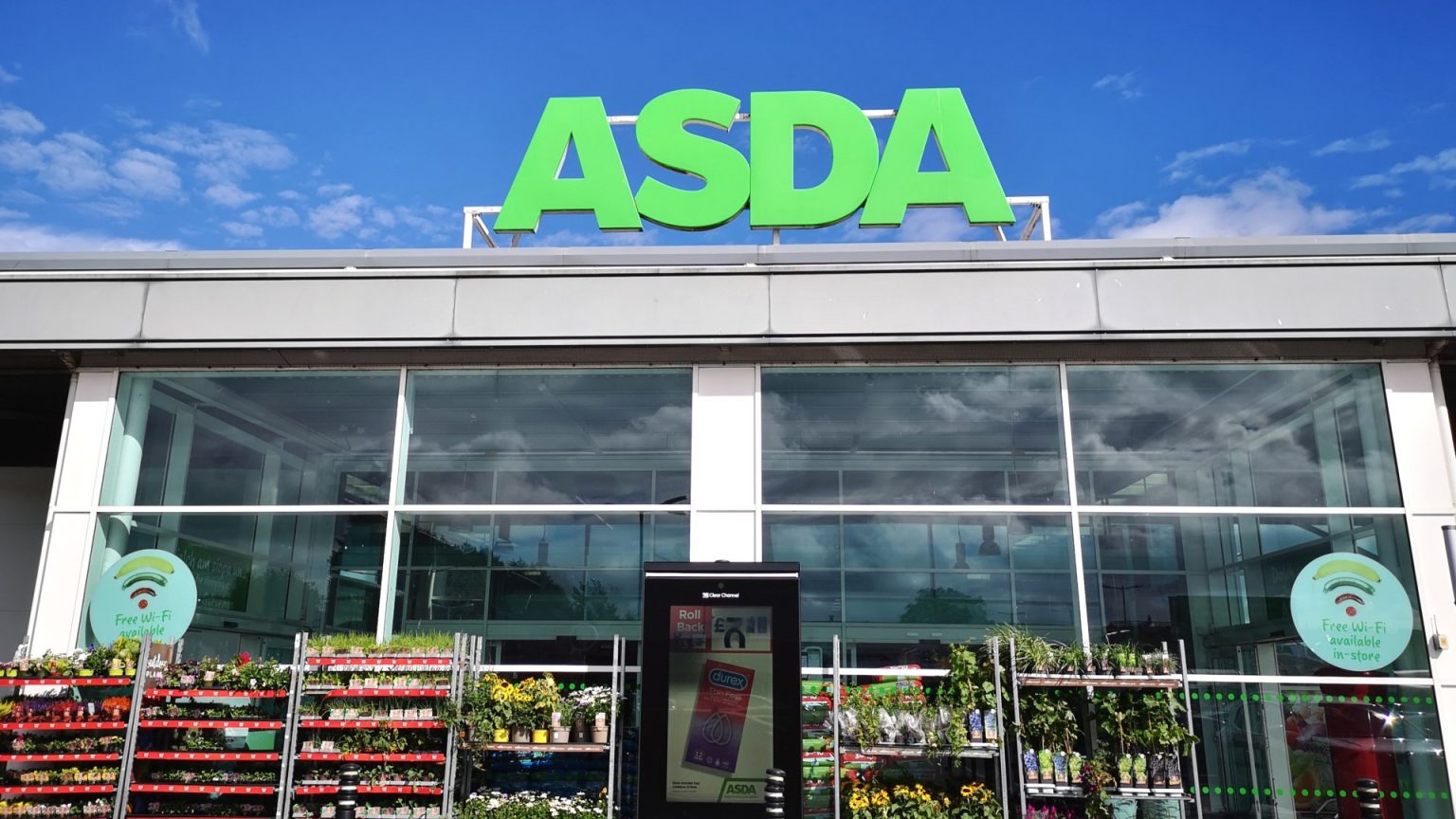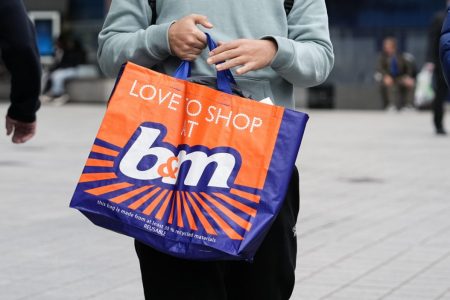The Asda Rewards app, designed to offer cashback and savings to loyal customers, has sparked controversy due to a specific clause regarding voucher redemption. Shoppers accumulate “Asda Pounds” by completing in-app tasks and purchasing specific products. These pounds can then be converted into vouchers to use on future shopping trips. However, a key detail in the terms and conditions, which has caught some customers off guard, stipulates that the total value of the shopping basket must equal or exceed the voucher amount. This means that a customer with a £60 voucher cannot use it on a £59.84 shop, leading to frustration and unexpected out-of-pocket expenses, particularly as the holiday season approaches and budgets are often tight. This revelation has prompted discussions online, with several shoppers sharing similar experiences with other loyalty programs, such as those offered by Boots and Sainsbury’s, highlighting a broader trend in reward schemes that can lead to unintended costs for consumers.
Asda has clarified that this “Voucher Spend Threshold” is not a new policy, having been in place since the app’s launch three years ago. They emphasize that if the transaction total falls short of the voucher value, the full voucher amount remains in the customer’s account, subject to its expiry date. Essentially, this means a £20 voucher can be used on a £20 purchase or anything exceeding that amount, but not on a transaction less than £20. While this information is available in the terms and conditions, the lack of prominent notification within the app has contributed to customer confusion and dissatisfaction. The issue underscores the importance of carefully reviewing the fine print of any rewards program to avoid unexpected financial setbacks.
Coinciding with this controversy, Asda has issued a reminder to shoppers regarding their Christmas Saver Cashpots, a feature within the Rewards app allowing users to accumulate savings throughout the year for holiday spending. These accumulated funds must be converted into vouchers by December 31st, or they risk becoming unusable. Asda reports that approximately 750,000 shoppers have already taken advantage of this feature, converting their savings into vouchers averaging £20 in value. This emphasizes the popularity of the Rewards program despite the voucher redemption hurdle. To create a voucher, customers must navigate to the wallet section of the app and select the “Create Voucher” option, specifying the desired amount to transfer from their Cashpot.
The Asda Rewards program operates on a simple premise: customers earn Asda Pounds (cash rewards) by shopping in-store or online and scanning their app barcode at checkout. Online shoppers simply need to ensure they are logged into their account. Earning potential is further enhanced by purchasing designated “star products”, a mix of branded and Asda-label items, which are clearly marked both in the app and on the website. The program also features weekly “missions” – tasks like spending a certain amount or buying specific products to earn additional rewards. This dynamic structure aims to engage customers and maximize their earning potential. However, consumers are advised to exercise caution and evaluate the value proposition of each deal to avoid overspending in pursuit of rewards.
To participate in the Asda Rewards program, customers must download the app, available on both the Apple App Store and Google Play Store. Account creation is a straightforward process, requiring basic personal information. While the program offers opportunities for savings, consumers are encouraged to compare prices and deals at other retailers to ensure they are receiving the best value. The Rewards program is just one tool in a broader arsenal of money-saving strategies.
Savvy shoppers can employ various tactics to reduce their grocery bills. These include looking for discounted items marked with yellow or red stickers, creating shopping lists to avoid impulse buys, opting for own-brand products over premium alternatives, and taking advantage of initiatives like “wonky veg” schemes offering imperfect produce at reduced prices. Additionally, eligible low-income families can access programs like Healthy Start vouchers, providing up to £442 annually for supermarket purchases. Coupled with local council initiatives like the Household Support Fund, which often includes supermarket vouchers, consumers have a range of options to mitigate the rising cost of groceries and maximize their household budgets.











